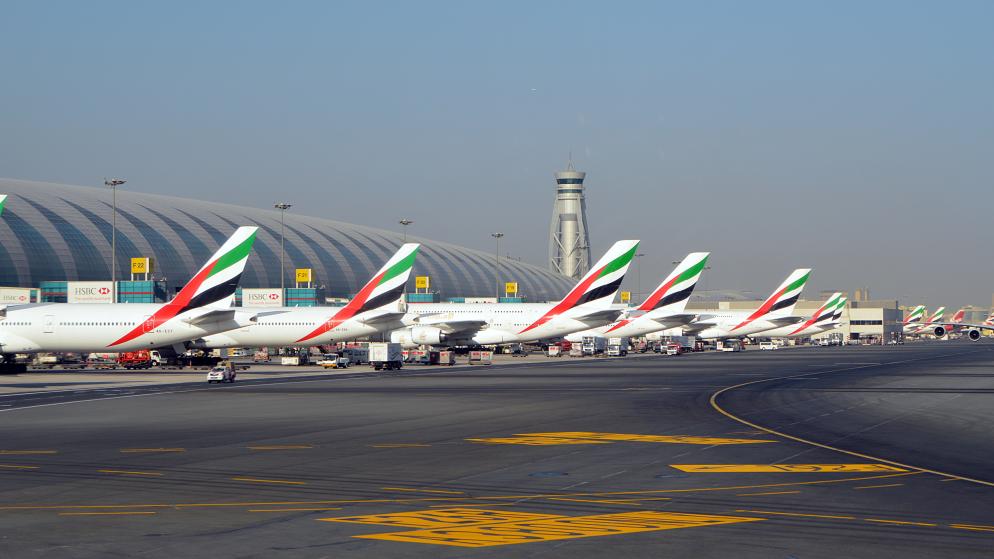
Progress and the future of economic diversification in UAE
Following the discovery of oil, Abu Dhabi together with six other sheikhdoms (Ajman, Dubai, Fujairah, Ras Al Khaimah, Sharjah, and Umm Al Quwain) established the United Arab Emirates in 1971. Since the founding of the federation, oil and gas has been the economy’s mainstay, consistently accounting for up to 40 per cent of its GDP in the past decade (except during periods of declining commodity prices).
The government has long emphasized its intention to pursue economic diversification and to reduce the federation’s reliance on oil. This was borne out of the recognition that hydrocarbon resources are finite, that both the price and demand for oil fluctuates considerably, and that the oil and gas industry was the sole source of wealth in many economies in the Persian Gulf (unlike resource-rich industrialized countries such as the Netherlands, Canada and Australia, which in addition to resource-based industries also have viable non-resource-based productive industries).
Manufacturing industries were deemed of high economic importance, not least because they provide job opportunities, address unemployment (especially among young and well-educated citizens), improve skills and facilitate technology transfers.
Beginning in the 1980s, the UAE promoted industrial development by establishing firms in manufacturing industries associated with oil and gas, including refineries, fertilizer plants and aluminium smelters.2 The premise was to make use of the UAE’s natural resource endowments as feedstock and fuel for industries. For example, Abu Dhabi National Oil Company (ADNOC) was set up to implement oil exploration, production, marketing and processing. The Dubai Aluminium Company (DUBAL) has become an important producer of basic metals by importing raw materials through the adjacent Jebel Ali Port to be processed into metal ingots which are then exported through the same port. Ruwais Fertilizer Industries (FERTIL) was established to utilize gas supplied from the onshore fields to manufacture fertilizers and to market them locally and internationally.
In addition, industrial development departments were established in the Emirates to support industrial activity. Industrial enterprises were exempt from customs duties on imports of machinery, equipment, spare parts and raw materials required for production. These firms were also exempt from export duties and taxes. Procedures were simplified to allow foreign talent to work in targeted industries in the UAE. Furthermore, specialized industrial zones were established for different types of industries, ranging from basic metals and metal products to machinery and mechanical equipment. Other programmes include the standardization and modification of investment procedures for the industrial sector, and simplifying the approval of industrial licenses and mergers to appeal to investors.
The UAE has since made some progress in terms of its economic diversification efforts. In 2016, the UAE had the second highest share among the Gulf Cooperation Council (GCC) economies of manufactured goods in its total merchandise exports (after Bahrain) at 69.7 per cent. The share represented an increase by 39 percentage points since 1995 – the strongest among the Gulf economies. As a result of expansion in aluminum smelting and fertilizer production, basic metals and chemicals have ranked, besides fuel, among the UAE’s top five manufactured exports for most years since 1995.